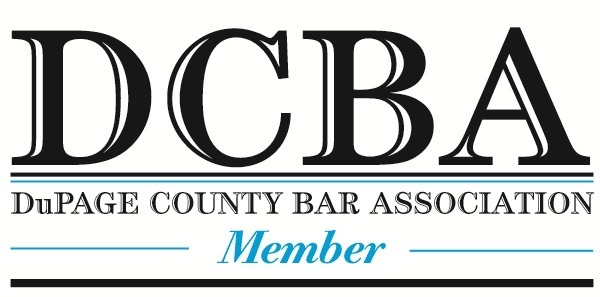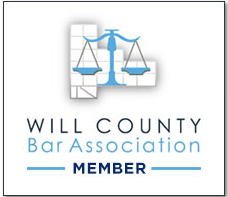Bankruptcy is a judicial process designed to help people who are unable to get out of debt on their own. There are a variety of different types of bankruptcy, each with its own advantages and disadvantages to consider. This article will specifically focus on Chapter 7 Bankruptcy. Giannola Legal LLC has experienced bankruptcy lawyers in Cook County, Illinois that offer free consultations to best assess if Chapter 7 is the right option for you.
Eligibility:
Not everyone is eligible to file for Chapter 7 Bankruptcy. To qualify, you must pass the Means Test. The Means Test calculates how much money you have left over each month after paying basic living expenses. If you have enough money that you could afford a debt repayment plan, you will not qualify for Chapter 7.
The Basics:
Debtors are required to list any property or assets he or she owns, including things like used clothing, used furniture, cell phones, cars, or any other people of property that belongs to the debtor. Chapter 7 Bankruptcy is often called liquidation bankruptcy because any non-exempt property will be sold off (liquidated) in order to pay your debts. Although you are required to list all assets you own, you may be entitled to keep certain property. Items like family photos, essential clothing items, workers compensation benefits, certain retirement plans, IRAs, and life insurance are completely exempt – they will not be taken from you and sold. Other types of property are exempt only up to a certain dollar amount of equity. For example, your home is only exempt up to $15,000 of equity and your car is only exempt up to $2,400 of equity. Any property that does not have an exemption to apply can be seized and sold to pay off part of your debt.
As soon as the case is filed, the court will appoint a bankruptcy trustee to oversee the bankruptcy process, interview the debtor, conduct the meeting of the creditors (341 Meeting) and generally act as the eye and ears of the Bankruptcy Court.
Non-Dischargeable Debt:
The major advantage to filing for Chapter 7 Bankruptcy is that your debts are wiped out and you are given a fresh financial start. However, some types of debt cannot be discharged and will remain with you even after you successfully go through a Chapter 7 Bankruptcy. Non-dischargeable debts include things like child support, alimony payments, student loans, taxes, and restitution.
Because bankruptcy is such a complex area of law, you should speak with an attorney before you make any decisions. The experienced bankruptcy lawyers in Cook County, Illinois at Giannola Legal LLC, can help walk you through the bankruptcy process and make sure you fully understand all your options.










